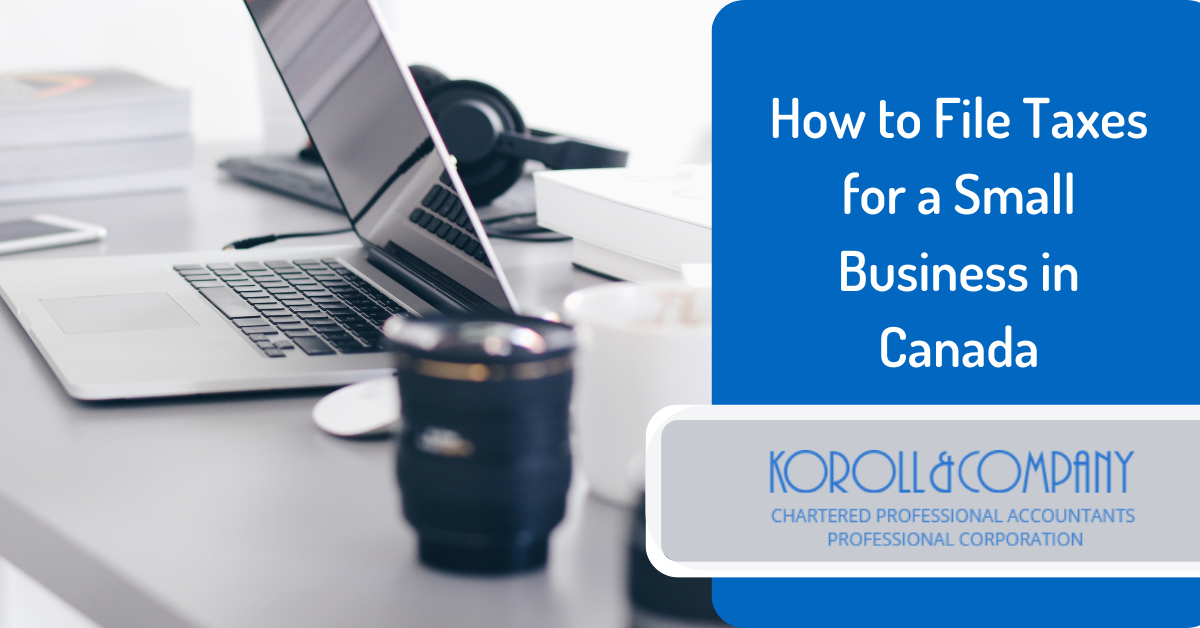 If you own a small business in Canada then you must file taxes each year. This includes business owners with brick-and-mortar locations, as well as people who sell products online only. It also includes freelancers, consultants, ride-share drivers and contract writers, as well as individuals who sell products at markets and fairs.
If you own a small business in Canada then you must file taxes each year. This includes business owners with brick-and-mortar locations, as well as people who sell products online only. It also includes freelancers, consultants, ride-share drivers and contract writers, as well as individuals who sell products at markets and fairs.
Even if you don’t have employees or lost money, if you were paid to provide a product or a service, you are a small business owner and must file your taxes. But how you go about filing your taxes will depend on your business structure.
Sole proprietorship
Many small businesses are structured as sole proprietorships. This means that you run your business on your own and are not incorporated.
If you are a sole proprietorship, you will enter your business details as part of your personal tax return using the T2125 Statement of Business Activities. This will collect information on any income you made, as well as expenses incurred by your business. The net profits (or losses) will then be added (or deducted) from your income.
Partnership
If your business is not incorporated but you run it with a partner, then it is structured as a partnership. Partners in a business still have to file a T2125 with their personal tax return but there’s some additional information required for the partnership to ensure income and expenses are properly divided and claimed.
Corporation
If you have incorporated your business, then you must file a separate tax return called a T2. All your personal income and credits will be filed on your personal return and all of your business income, expenses and credits will be filed on your T2 Corporate Tax Return.
Regardless of how your business is structured, you want to be sure you maintain proper records. This will help simplify the filing process and ensure you don’t miss any deductions.
The information you will need to file your return includes:
- Business name
- Business address
- Industry code
- Information on any partners or co-owners
- What your fiscal year is (usually January to December)
- Any income you received, including GST/HST collected
- Any discounts you provided
- Subcontractor payments received
- Business expenses:
-Supplies
-Advertising
-Meals & entertainment
-Office supplies
-Vehicle expenses
-Home office expenses
-Any other applicable business expenses
If you are unsure whether something constitutes a business expense, keep the receipt and discuss the expense with your accountant. All eligible expenses will help reduce your tax owing.
If you are looking for assistance with your business taxes, whether you run a sole proprietorship, partnership or corporation, please contact us today. We would be happy to help you get organized and optimize your after-tax position.






